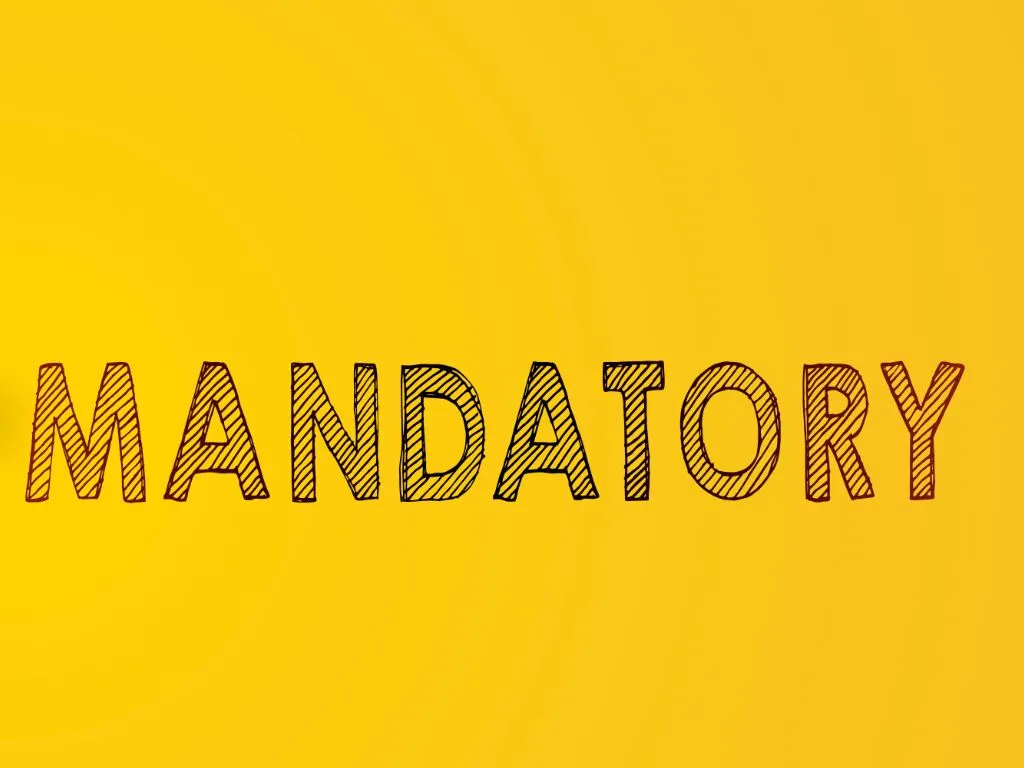- Home
- News Details
News Details

Japan’s Positive List for Food Contact Materials (FCMs) effective from 1 June 2025
2025-06-17 Reference source : Consumer Affairs Agency (CAA)-Japan
FCM Food contact materials Enforcement Japan Guidance Positive List
Japan’s Positive List (PL) for food contact materials (FCMs) entered into force on 1 June 2025. On the same day, the Consumer Affairs Agency (CAA) published a manual introducing the positive list on its official portal. The PL system regulates synthetic resins used in food-contact utensils and packaging under the Food Sanitation Act. Only materials listed in the official PL may be used, unless they meet certain exemption criteria, such as migration into food below 0.01 ppm or use in non-contact layers that do not affect food safety.
Key Insights from the Manual
1. Legal Basis:
-
Article 16: Bans harmful substances in utensils, containers, and packaging (UCP).
-
Article 18: Enables the establishment of safety standards and manufacturing criteria.
2. Structure of Standards:
-
General Standards: Ban certain harmful substances such as lead and certain dyes.
-
Material-specific and Use-specific Standards: Apply to categories such as glass, rubber, and heat-processed materials (e.g. retort pouches).
3. Annex I (Positive List):
-
Table 1: Lists 21 categories of approved base polymers.
-
Table 2: Includes approximately 840 approved additives, each with usage limits by material class.
4. Scope of Application:
-
Covers all synthetic resin layers in UCPs.
-
Excludes non-resin materials, surface coatings, and unintended by-products.
5. Procedures for Adding New Substances:
-
Inclusion via PL amendment, safety review, or monomer notification update - depending on intended use and risk.
6. Transition Period:
-
A 5-year grace period until 1 June 2030.
-
Products sold or made before enforcement are considered compliant during this period.
Stakeholder Obligations
-
Manufacturers and importers of raw materials and UCPs must provide evidence of PLcompliance.
-
Users and distributors must verify and communicate compliance.
-
Disclosure of individual substances is not mandatory; documentation such as specification sheets or certificates is sufficient.
The PL system is designed to enhance food safety by systematically controlling materials used in food-contact applications.
We acknowledge that the above information has been compiled from Consumer Affairs Agency (CAA)-Japan.
Global Product Compliance (GPC) specializes in Global Regulatory Compliance Solutions across sectors
globally. SSS Europe, a familiar name in chemical regulatory and compliance services now formally belongs
under the umbrella of GPC Holding Sweden.
Since 2008, we have emerged as one of the leading names among Global Regulatory Compliance Service
Providers with Representation services in Europe, Asia and Middle East for respective chemical
regulations.

 Twitter
Twitter
